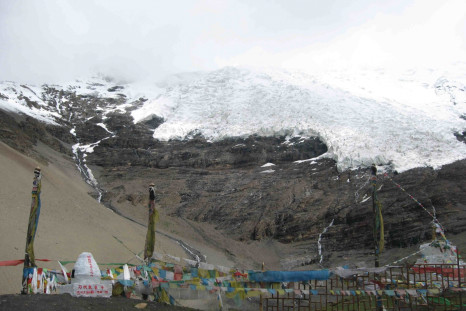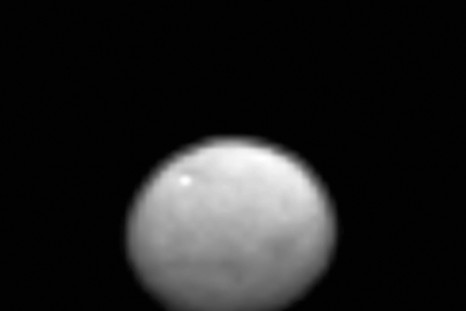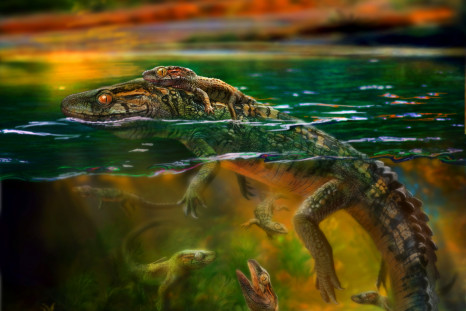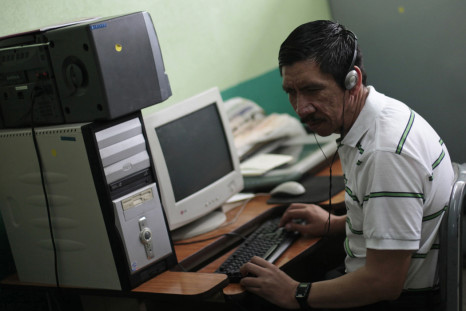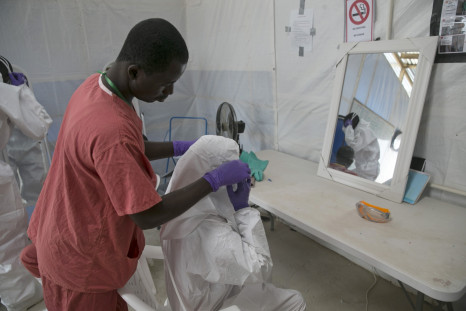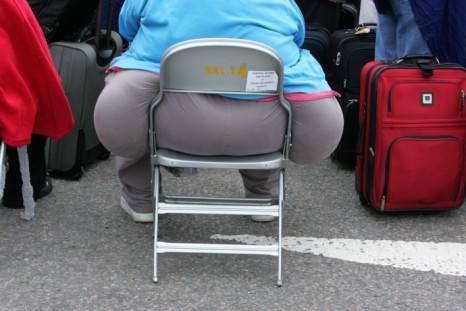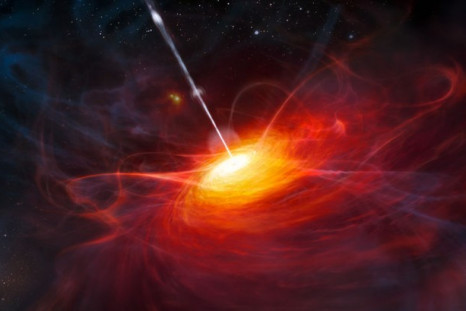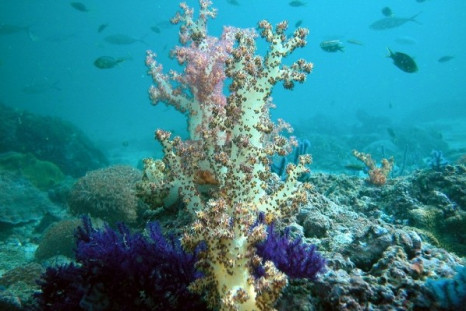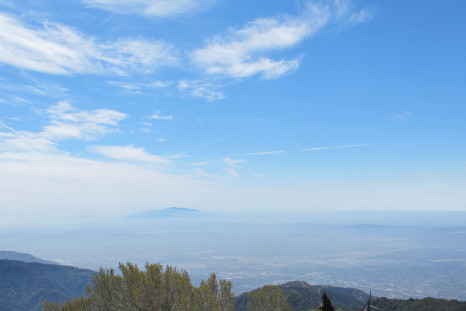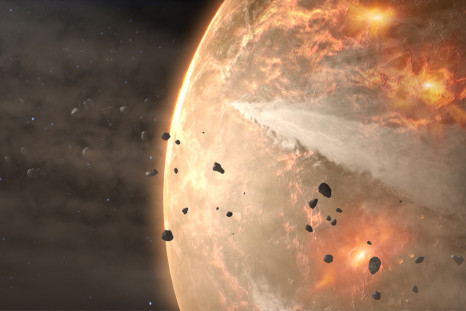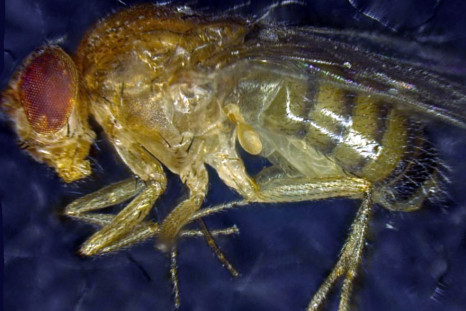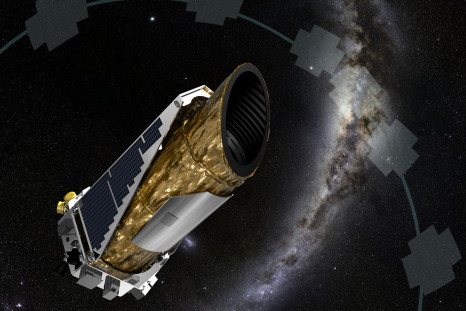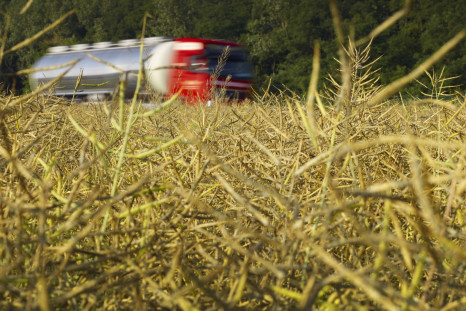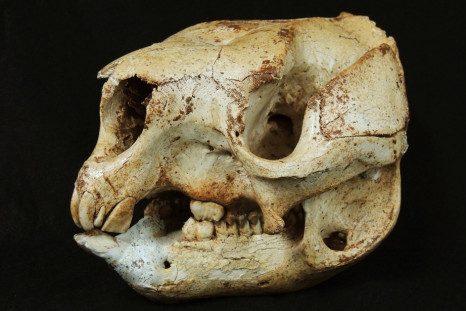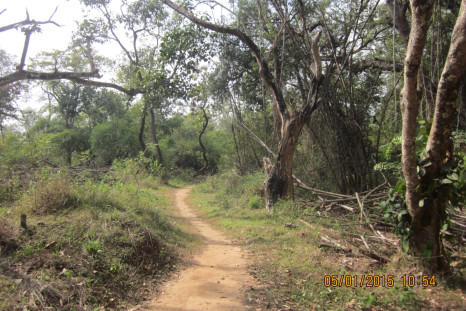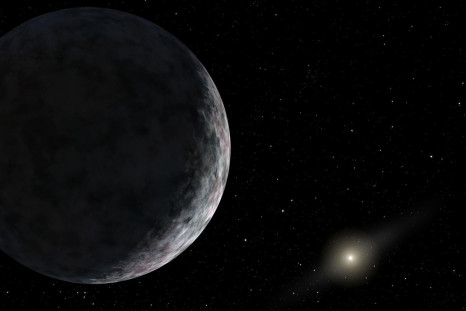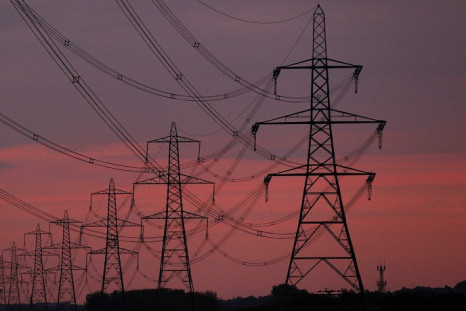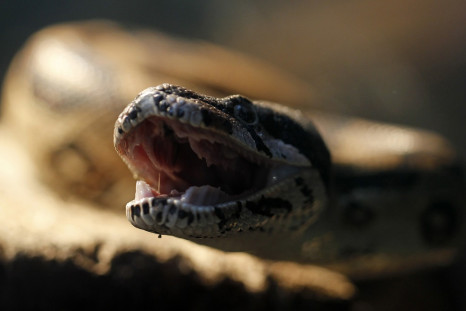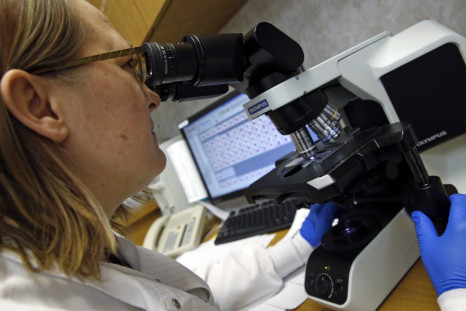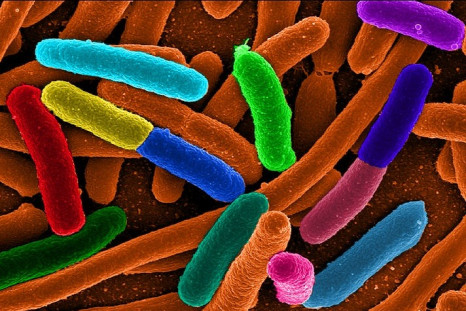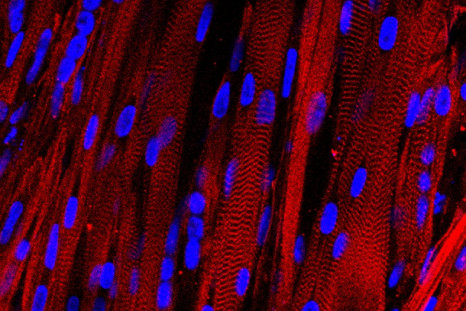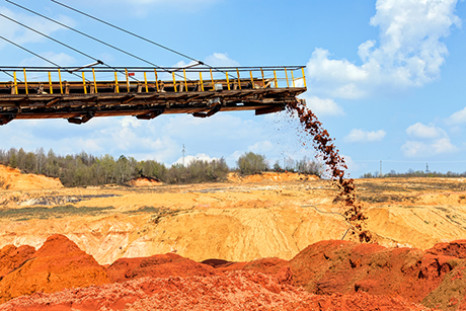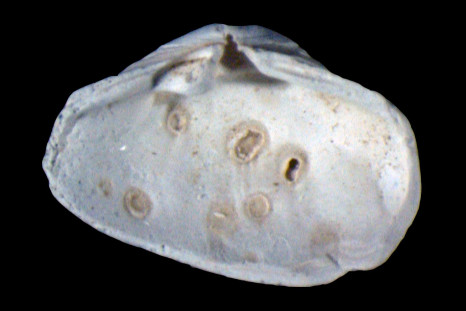More From Jayalakshmi K
Melting glaciers are major carbon reservoirs
Study reports organic carbon exported in glacier outflow will increase 50% over the next 35 years.
Jan 20, 2015
Nasa's Dawn spacecraft sends images of dwarf planet Ceres with crater-like structures
Dawn currently speeding at around 725 kph for its scheduled capture into Ceres orbit in March.
Jan 20, 2015
Jurassic era fossil shows oldest record of parental care in extinct aquatic reptiles
A family group of an adult with six juveniles is being presented as oldest record of post-natal parental care in reptiles.
Jan 20, 2015
Sitting for long periods 'raises risks of diseases and death despite regular exercise'
Review study suggests taking breaks from sitting every half an hour to offset health issues.
Jan 20, 2015
India: Despite hard evidence government refuses to act against vehicular pollution
While air pollution will keep Barack Obama mostly indoors during his India visit, the environment ministry refuses to acknowledge vehicular pollution.
Jan 19, 2015
Ebola: Mali declared free of disease, outbreak shows decline in Liberia, Sierra Leone and Guinea
No new Ebola cases reported from Mali in last 42 days, Health Minister Ousmane Kone says.
Jan 19, 2015
Weight loss implant approved by FDA for partial use
The implant electrically blocks the vagal nerve that connects the brain and stomach.
Jan 19, 2015
Galactic hailstorm in early universe observed, gives clues to galaxy formation
How cold clumps of gas are thrown at high speeds seen by observations of a distant quasar.
Jan 19, 2015
Coral reefs bounce back from severe environmental impact
Under reduced local impacts most of the reefs in the Indian Ocean showed resilience.
Jan 18, 2015
Nasa sensor finds methane emissions from LA higher than estimates
The measurement from a mountaintop is the first time Earth-bound sites have been used to measure emissions in the air.
Jan 18, 2015
Earliest records of Earth's atmosphere found in ancient rocks, shows persistence down billions of years
Rocks dating to four billion years ago show atmosphere was conducive to microbial life.
Jan 18, 2015
Pythagoras theorem helps medical researchers identify patient recovery
Applying theorem to data, researchers could determine point at which patients start to recover.
Jan 18, 2015
Lifespan of flies increased by 60% by activating gene also found in humans
The gene that targets unhealthy ones is also found in humans.
Jan 18, 2015
Three Earth-like planets sighted around nearby star
One of the planets is at the right distance for temperatures that can sustain liquid water and hence, life.
Jan 18, 2015
Most crops and animal products have seen peak production; researchers warn of limited resources
Key commodities like maize, rice, wheat or soya, and animal products, such as fish, meat, milk and eggs have reached their limits of extraction.
Jan 16, 2015
Potassium salts control resorption to keep bones strong
Osteoporosis risk is limited by an intake of fruits and vegetables rich in potassium.
Jan 16, 2015
DNA studies trace lineage of kangaroos to extinct giant wallabies
Present day banded hare-wallabies listed as endangered linked to giant Roos of the past.
Jan 16, 2015
Mankind 'pushed into danger zone' by breaching four of the nine planetary boundaries
Climate change, species loss, land-use alterations and fertiliser overuse endangering Earth.
Jan 16, 2015
HIV cases up 14% in China, say officials
While overall cases are low on a global basis, discrimination and lack of awareness could be leading to fewer diagnosis.
Jan 16, 2015
Making of a terrorist: Overvalued ideas, not mental sickness turn people into chilling killers, says study
An investigative psychologist says overvalued ideas become the killers' identity.
Jan 16, 2015
Belgium Verviers raid: Terrorists 'mere hours away from attack' when killed
Belgian action prompted by information that terrorists back from Syria were plotting attack.
Jan 16, 2015
Solar system has more planets, says new study on objects beyond Neptune
Calculations of orbits of trans-Neptune objects suggest presence of dwarf planets in Kuiper Belt.
Jan 16, 2015
World's most powerful electrical testing system unveiled
At 24 kilo volts the system at Florida State University is the most powerful kind in research.
Jan 16, 2015
Sri Lankan snake species sighted in southern India suggesting ancient land links
The snake can jump five metres and disappear suddenly, says the biologist who spotted it.
Jan 14, 2015
Severe gum disease 'increases risk of massive heart attacks'
The severity of periodontitis influences the severity of myocardial infarction.
Jan 14, 2015
Gene 'downloads' make every bacteria in a species unique
Genes exchanged in a horizontal transfer during reproduction makes each strain unique.
Jan 14, 2015
Human skeletal muscle grown in lab behaves like real tissue
The tissues grown in lab contract and respond to stimuli and drugs just like the real tissue.
Jan 14, 2015
Gold mining leading to felling of tropical forests in South America
Around 1700 sq km of land around protected areas has been lost to gold mining in a decade
Jan 14, 2015
Spinal cord activation pattern for walking decoded
Researchers have identified a few basic patterns showing how the spinal cord activates movement.
Jan 13, 2015
Parasitic infections rising due to climate change induced sea level rise say fossil studies
Increase in infection by flatworms in the Holocene period is being linked to sea level rise similar to that seen today.
Jan 13, 2015
Pages
- PREV
- 23
- 24
- 25
- 26
- 27
- 28
- 29
- 30
- 31
- NEXT


